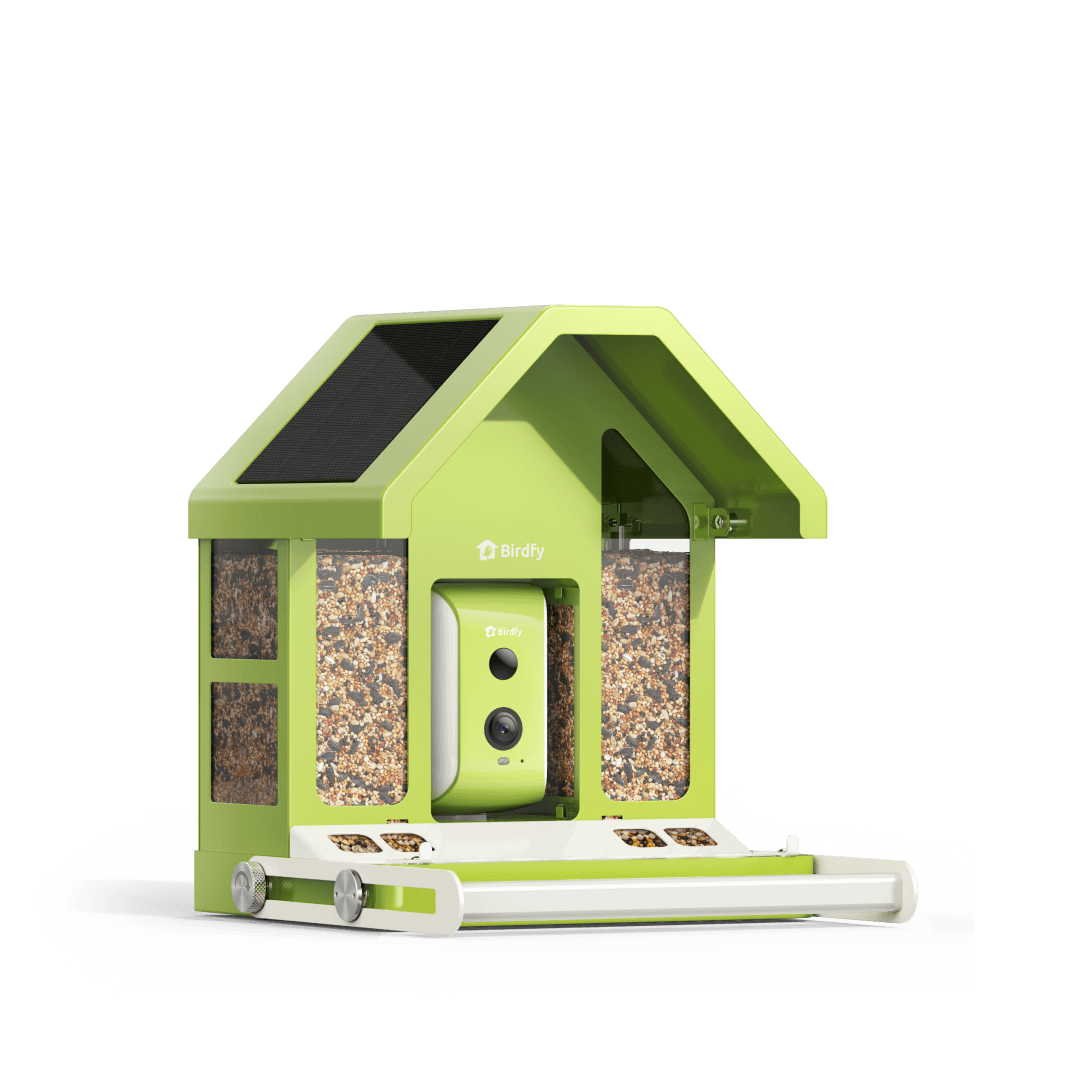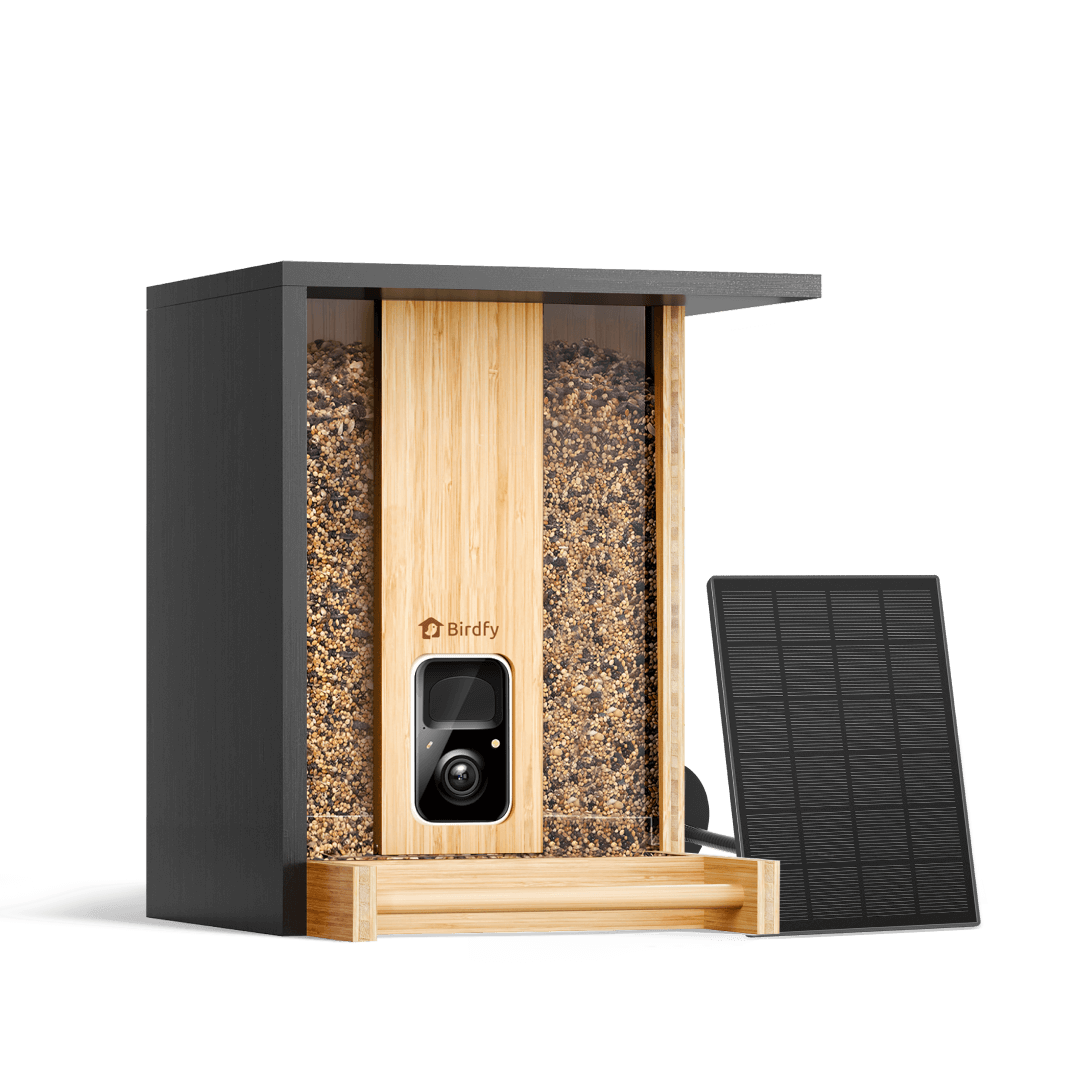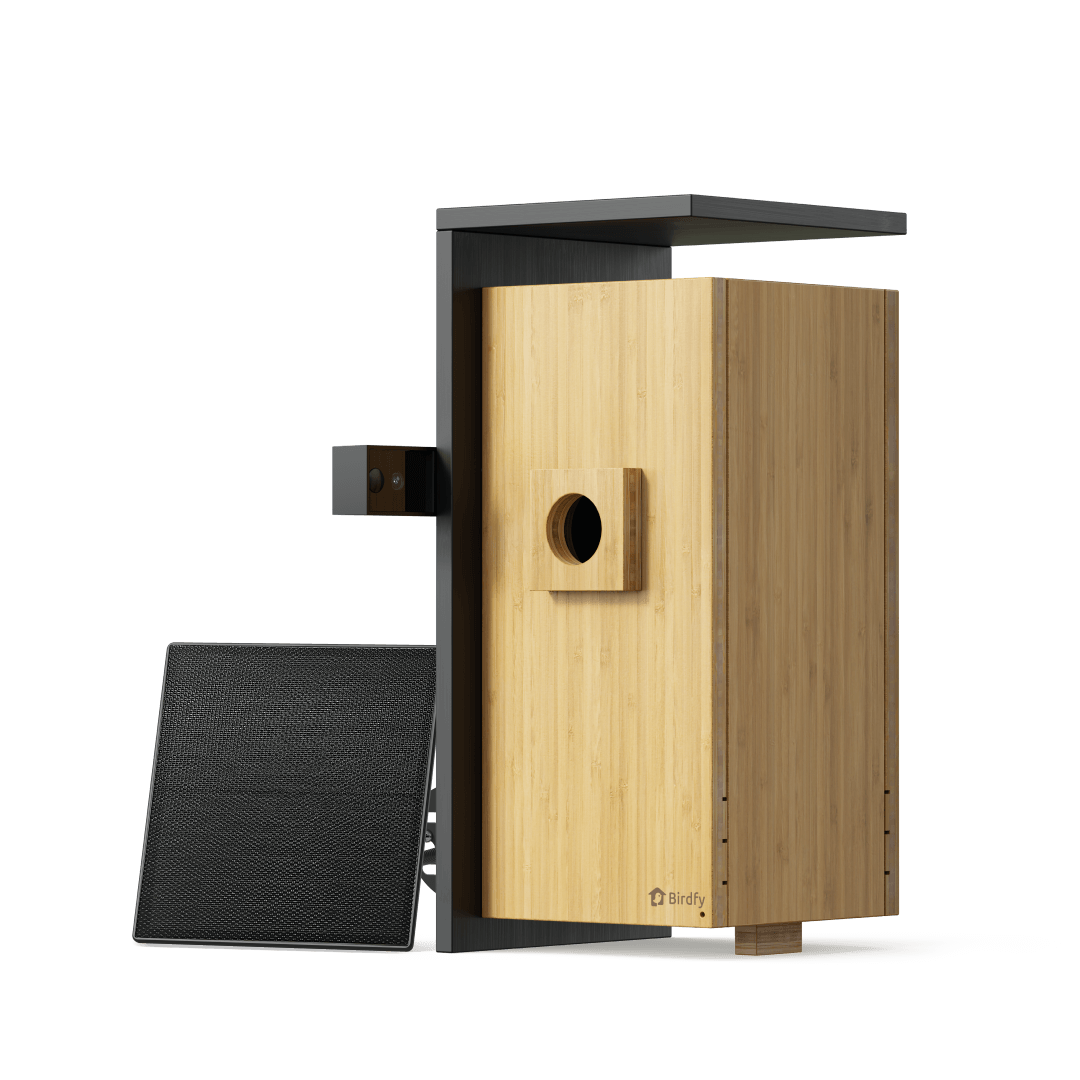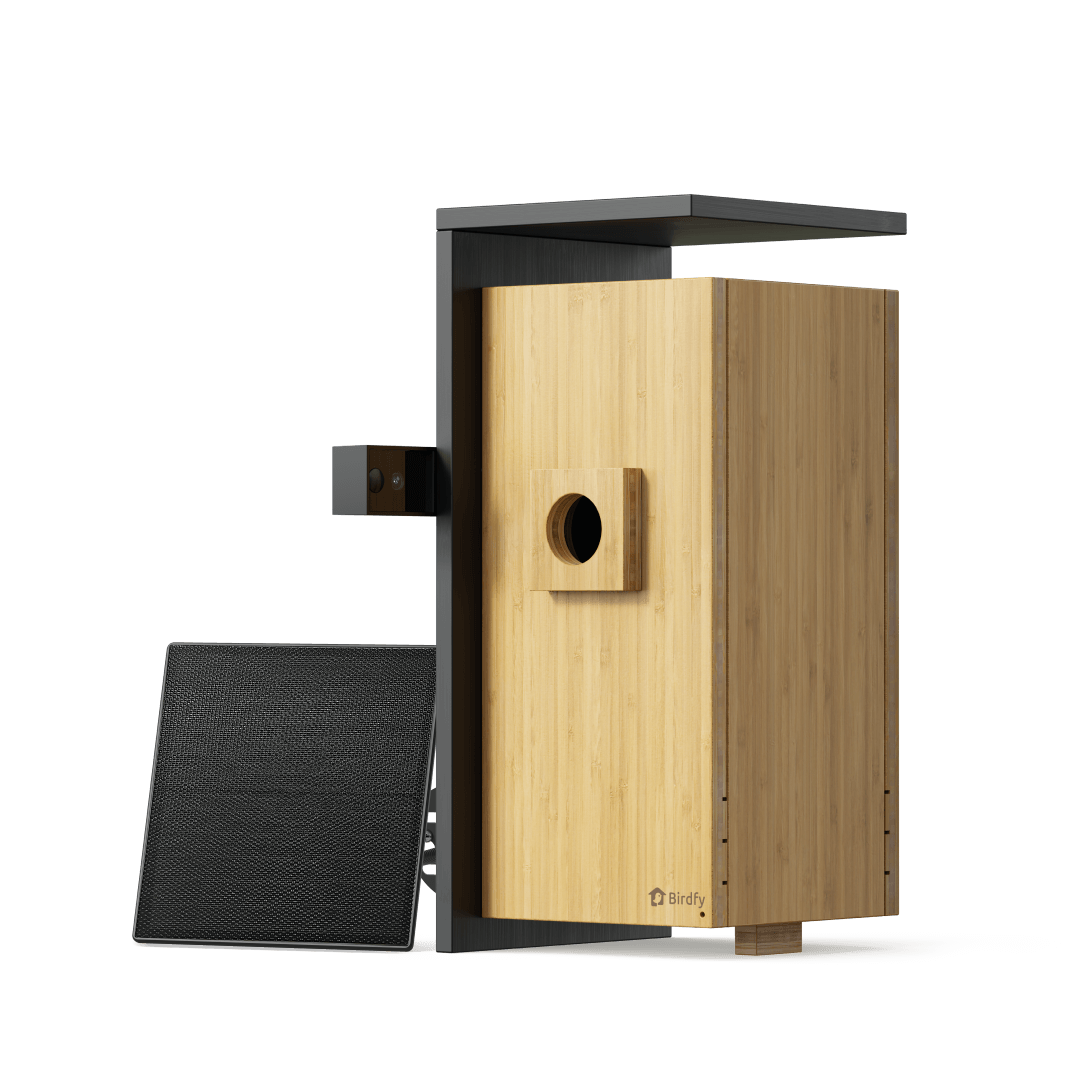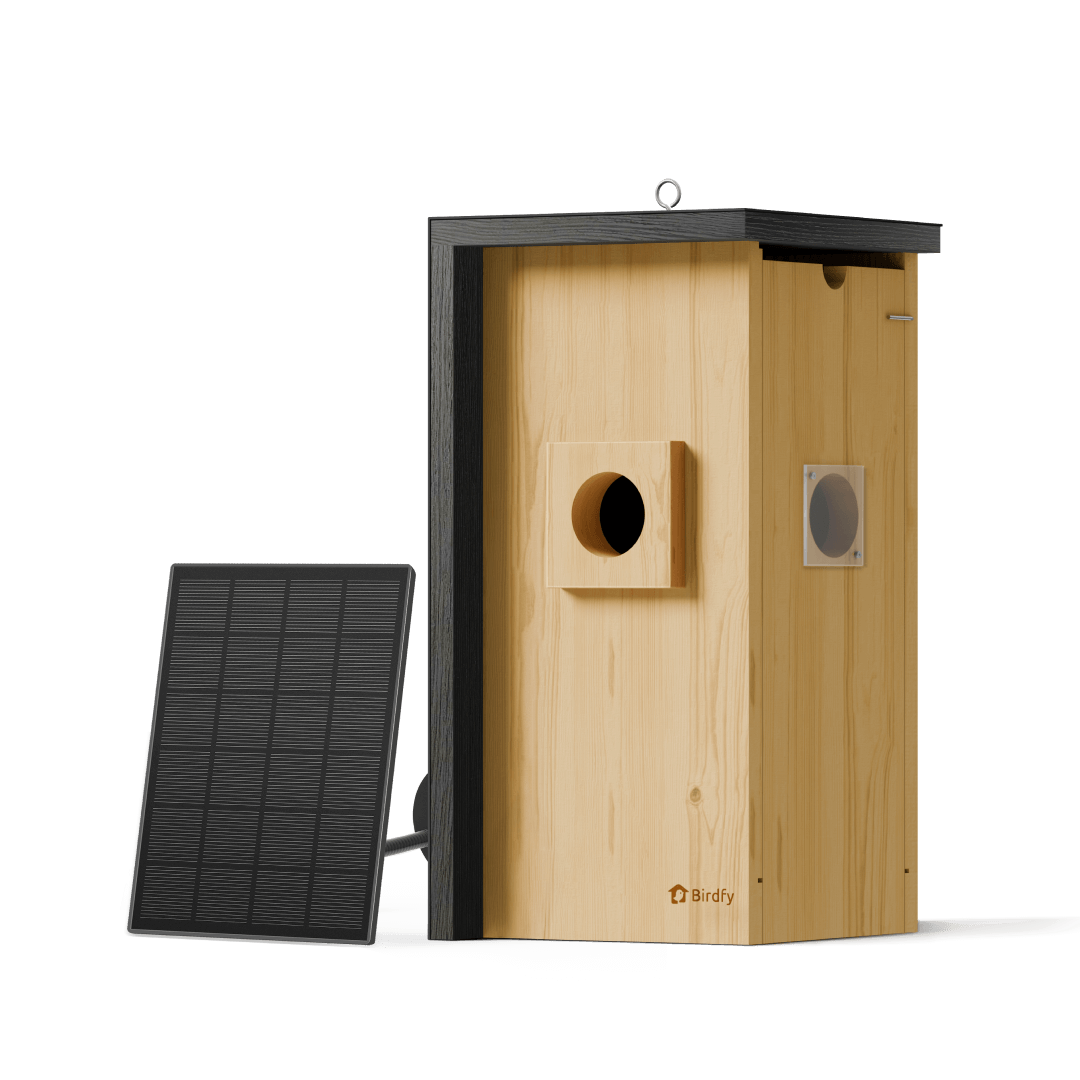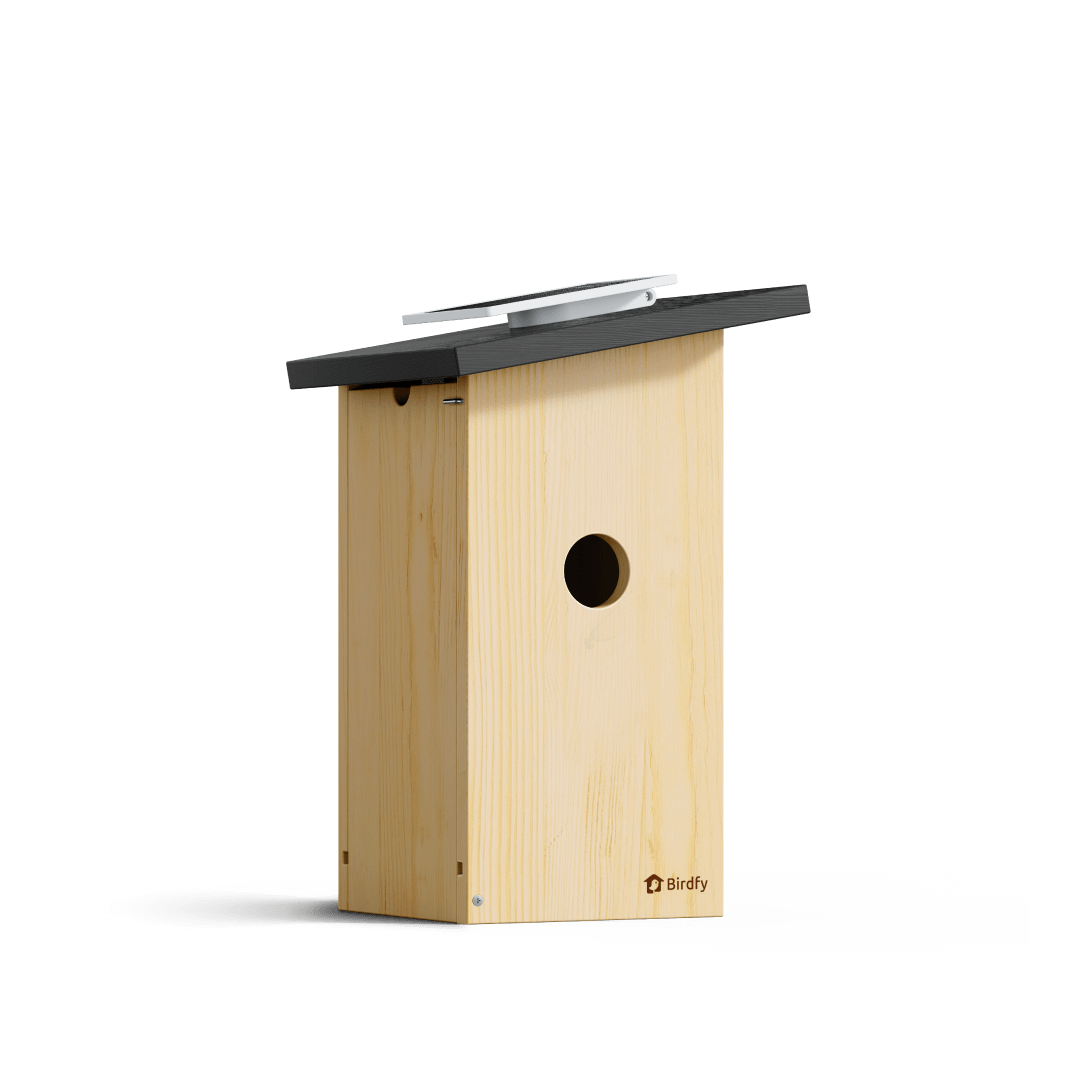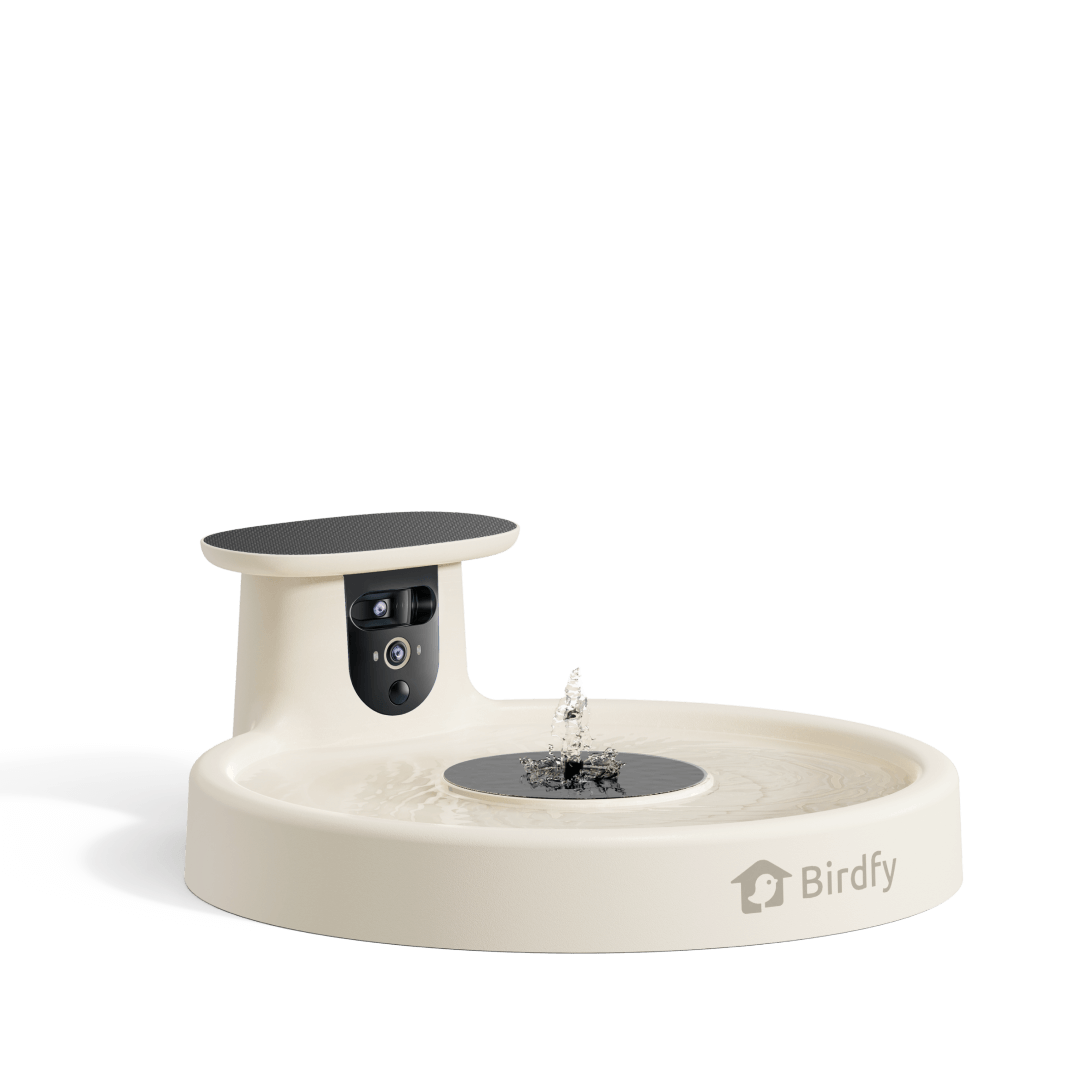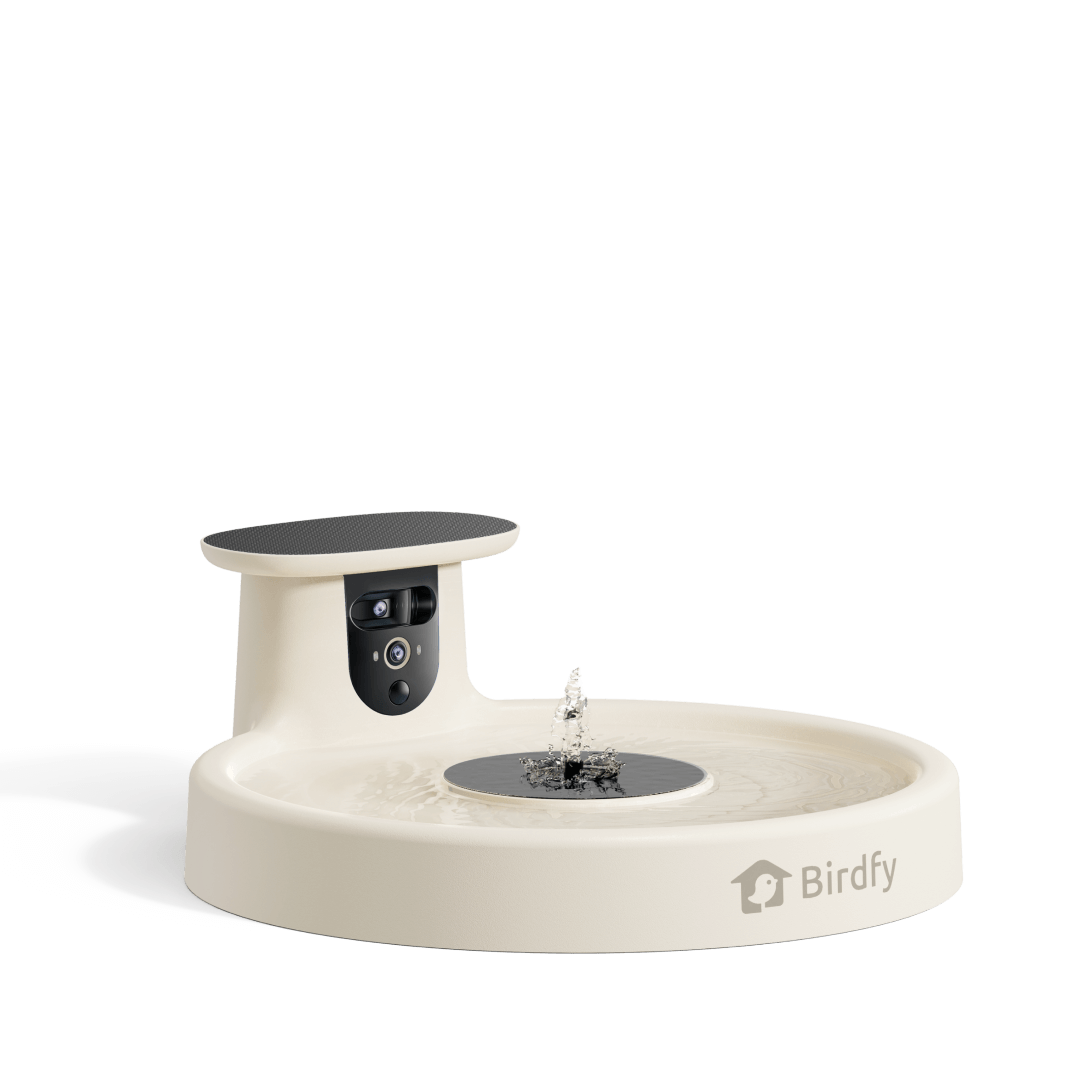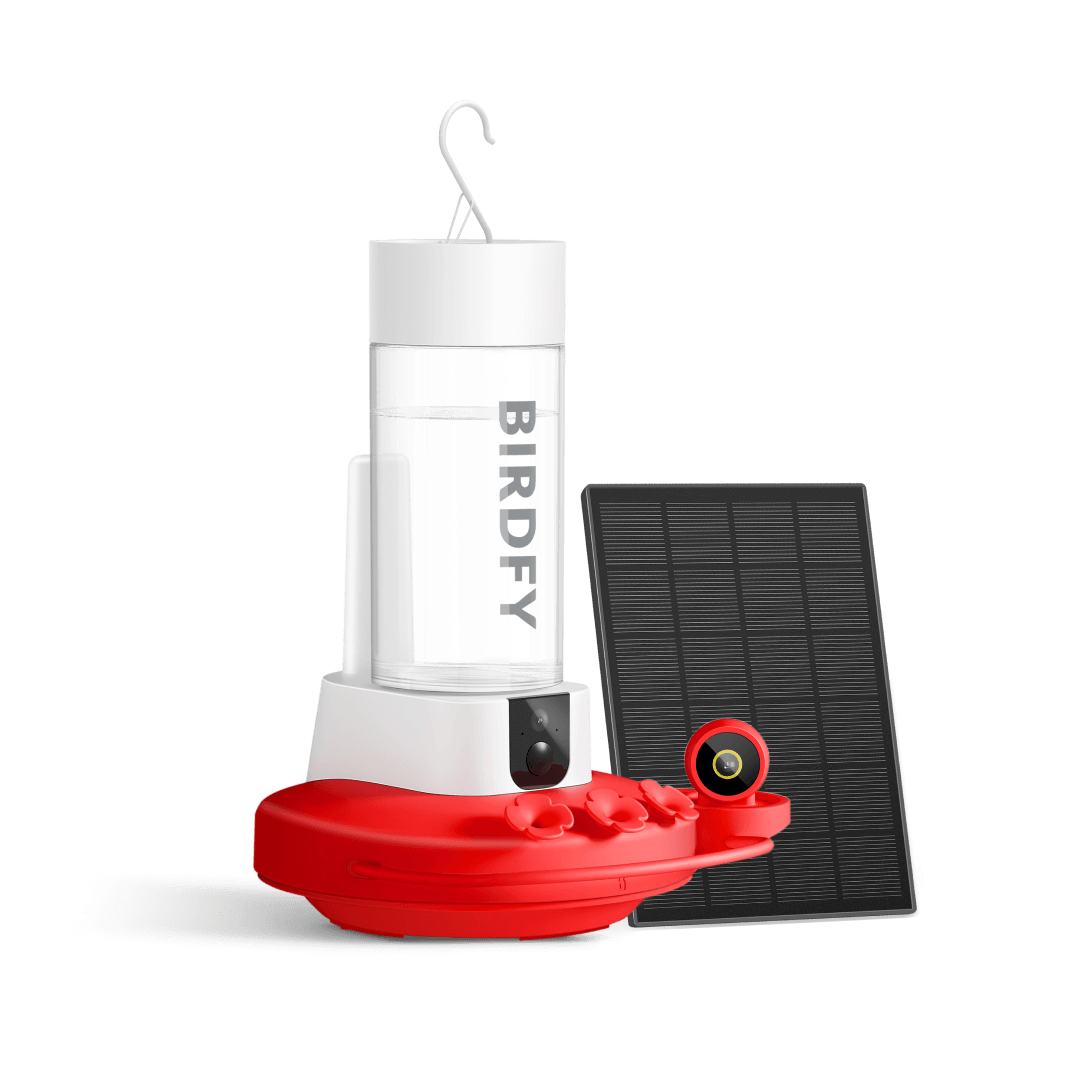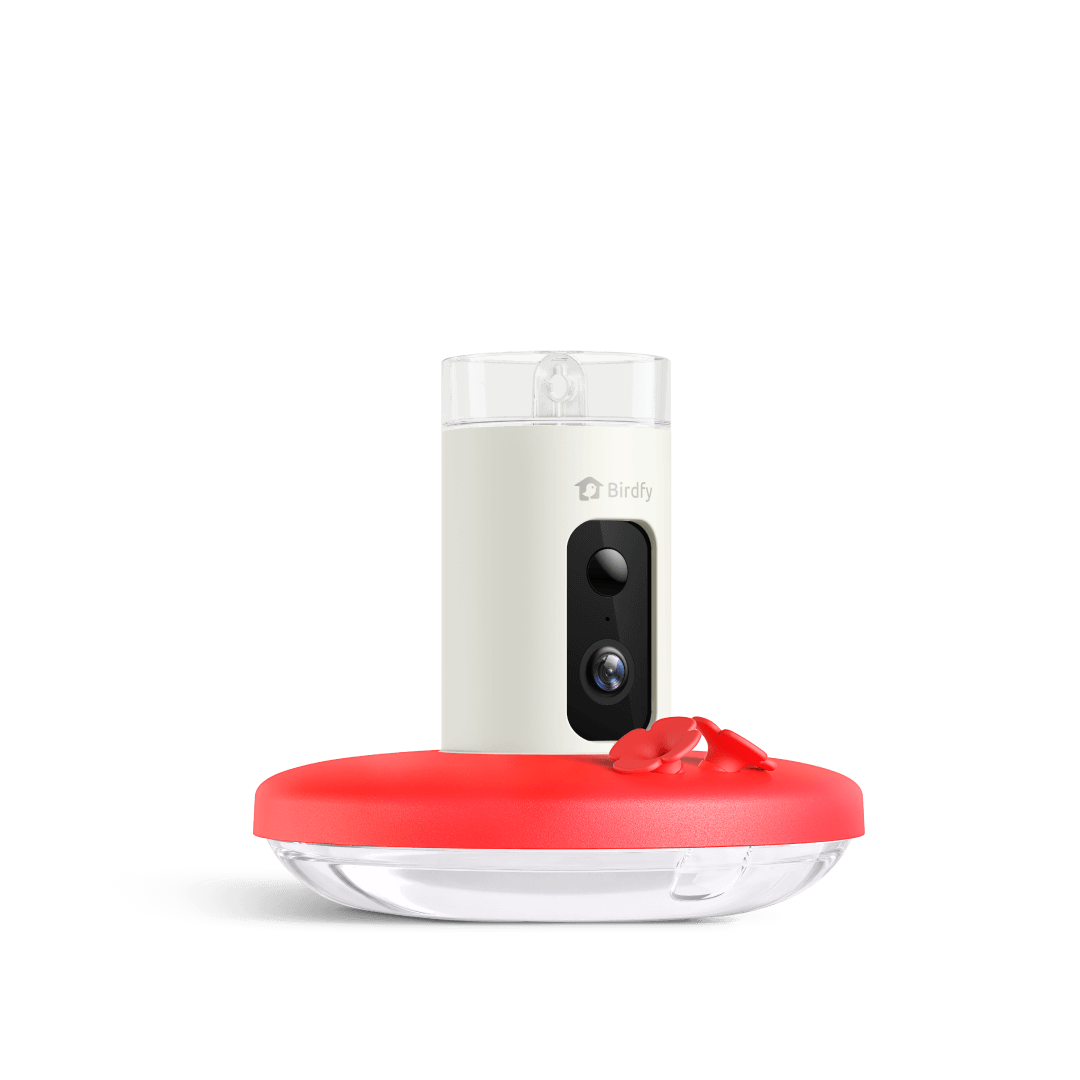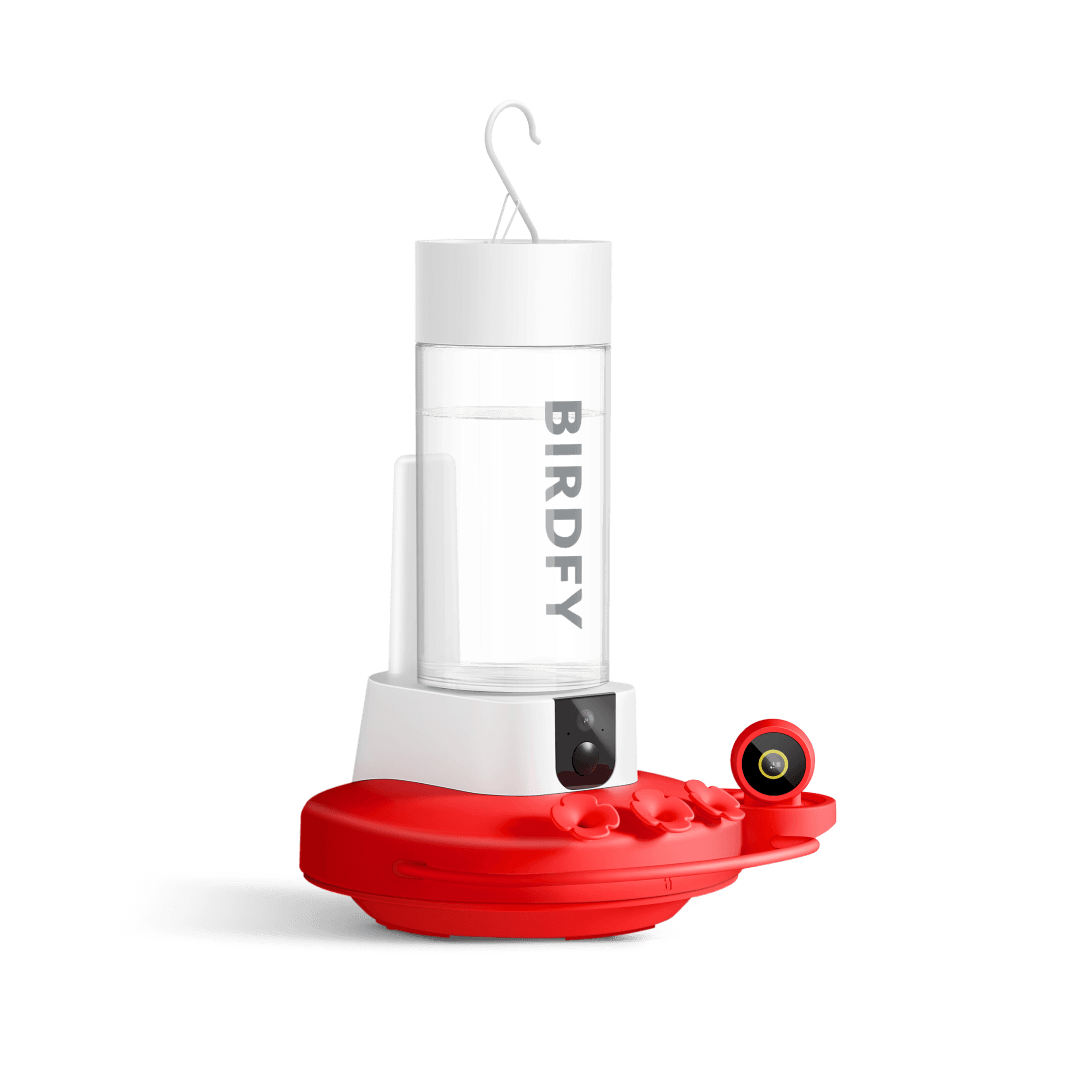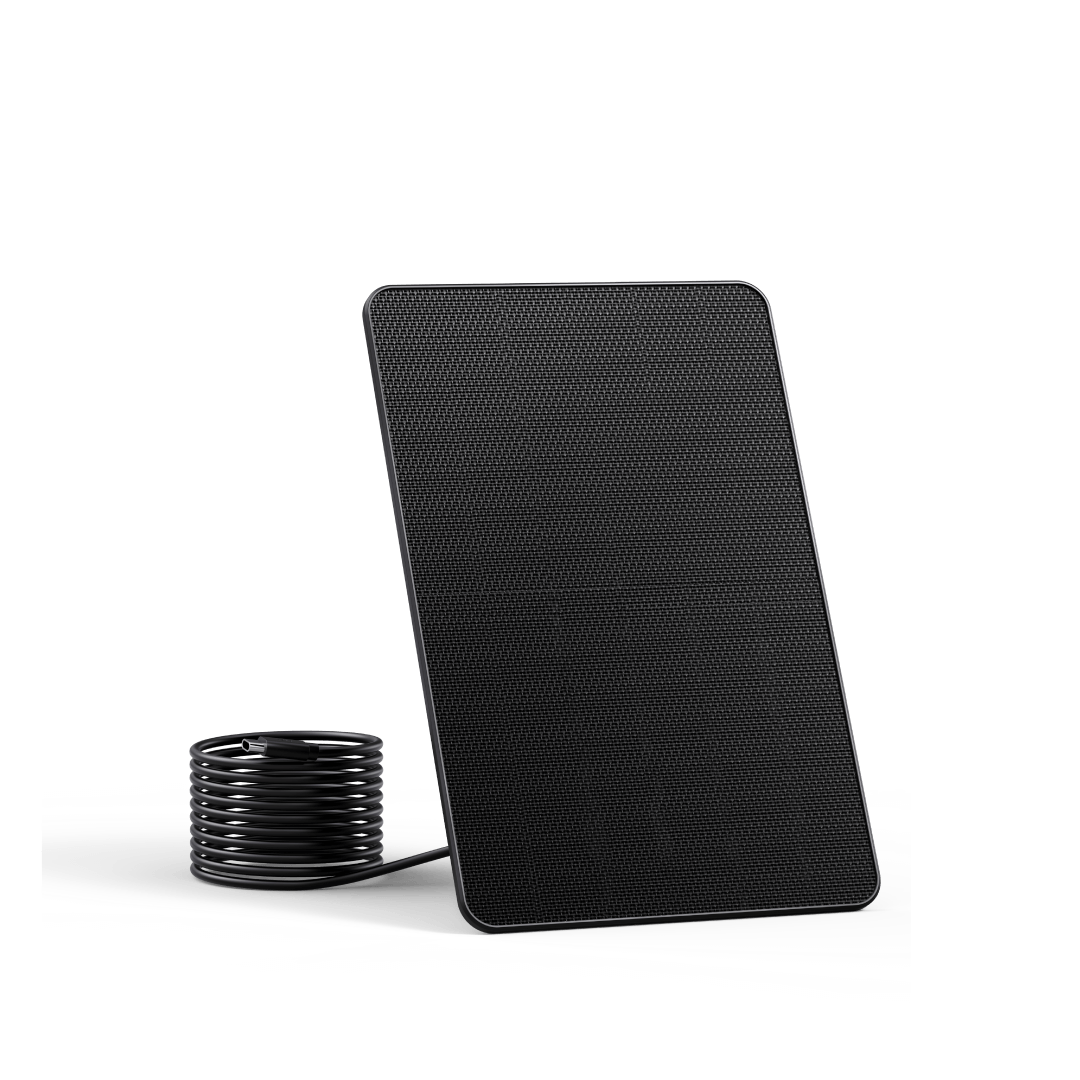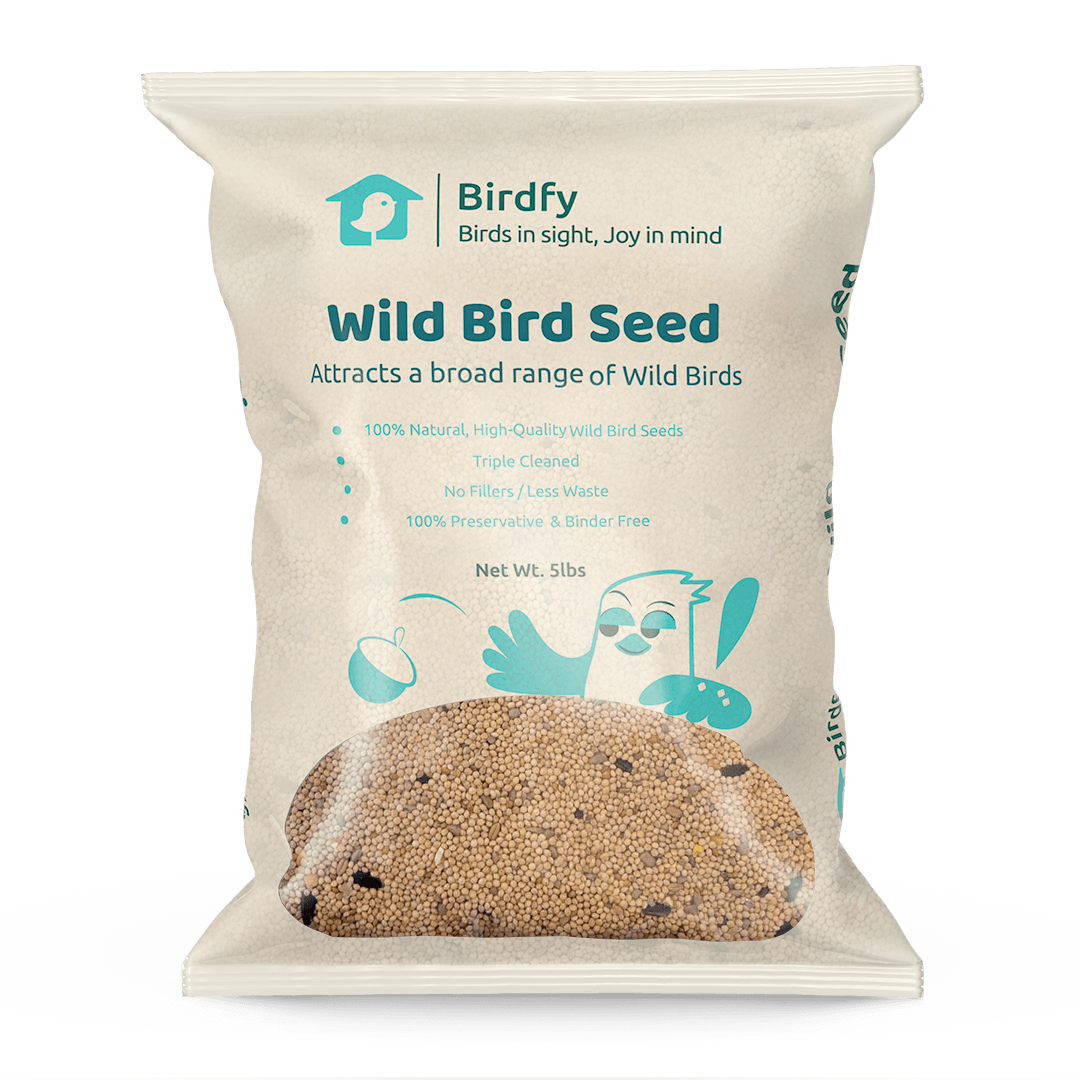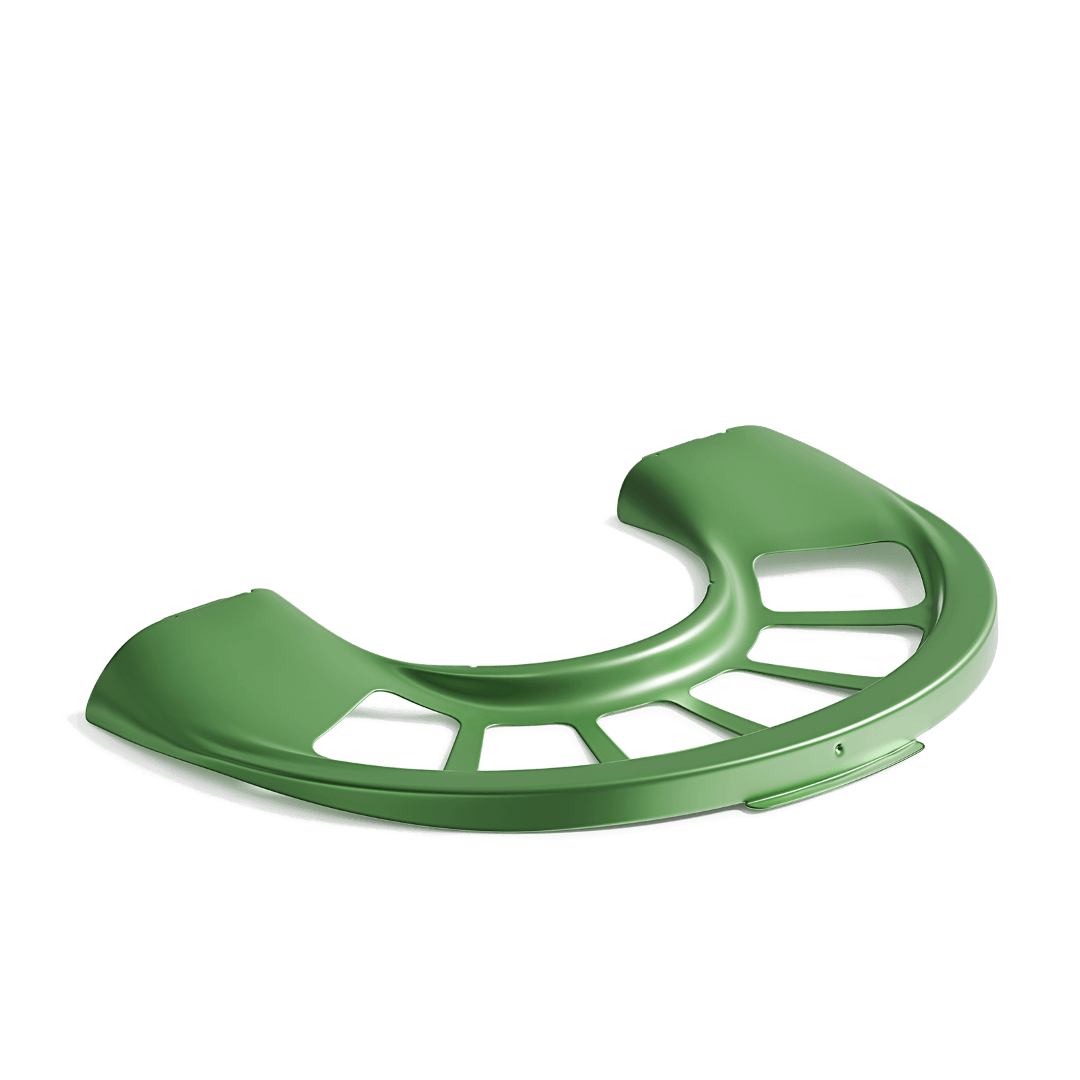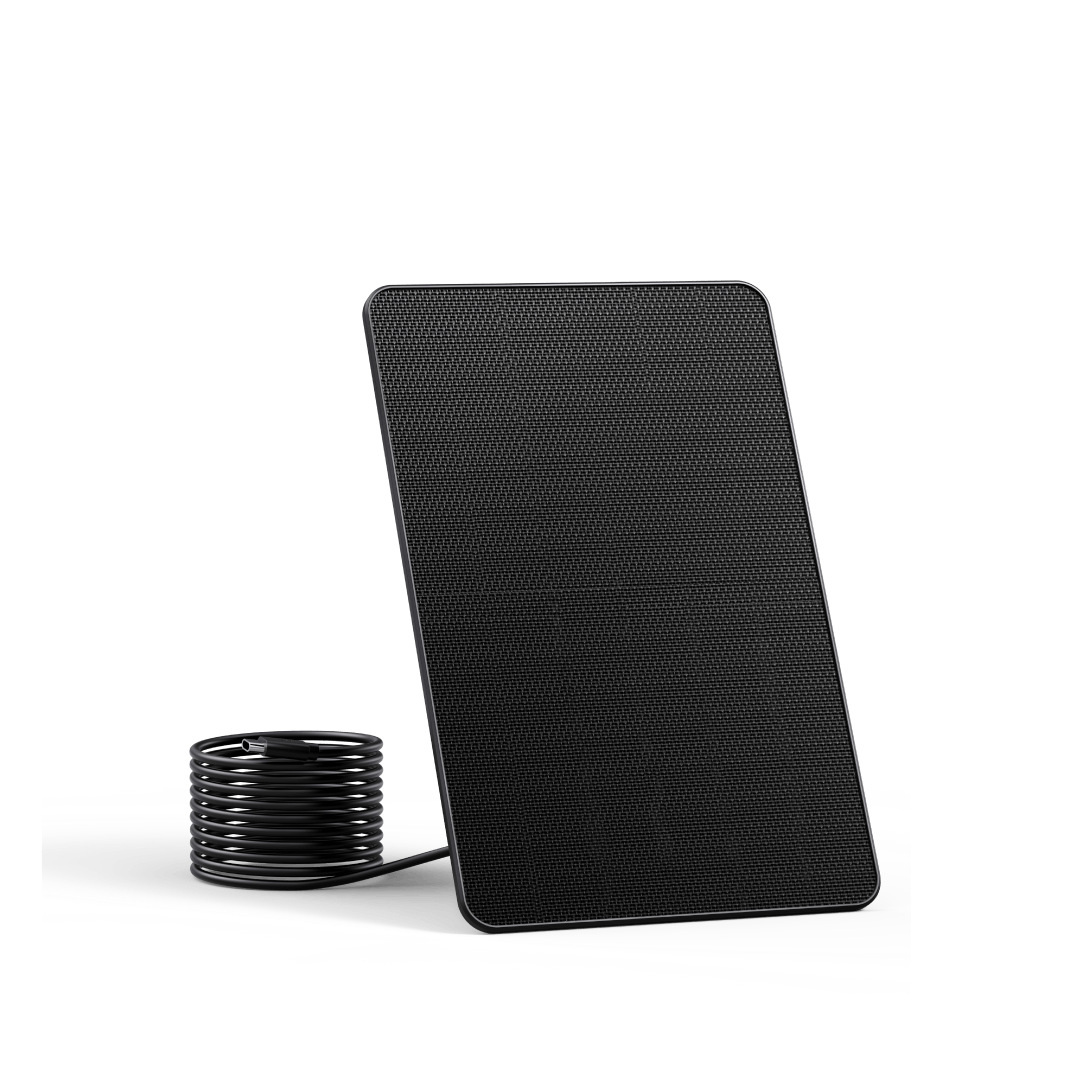Can a Bird Get Fleas? What Every Bird Owner Should Know
Fleas are commonly associated with mammals, particularly dogs and cats, leading many to ponder a common question: can a bird get fleas? It’s a valid concern, as these pesky parasites can be a nuisance. In this comprehensive discussion, we will explore the nature of fleas, their life cycle, and specifically, their interactions with birds and the implications for avian health. We’ll also delve into preventive measures and treatments that can help mitigate flea infestations in birds, providing clarity on this important topic for bird enthusiasts.
Understanding Fleas
Fleas are wingless insects belonging to the order Siphonaptera. They are characterized by their laterally compressed bodies, long hind legs adapted for jumping, and mouthparts specialized for piercing skin and sucking blood. Here are some key points about fleas:
Species of Fleas
There are over 2,000 species of fleas, but the most common species that affect household pets include:
- Ctenocephalides felis (cat flea)
- Ctenocephalides canis (dog flea)
- Pulex irritans (human flea)
Life Cycle
Fleas undergo a complete metamorphosis that includes four stages: egg, larva, pupa, and adult. Here’s a brief overview of each stage:
- Eggs: Female fleas can lay hundreds of eggs during their lifespan, which usually hatch within a week.
- Larvae: Flea larvae feed on organic debris, including flea feces, and develop in dark, humid environments.
- Pupae: The larval stage eventually cocoons itself and enters the pupal stage, where it can remain dormant for several months.
- Adults: Adult fleas emerge from their cocoons when they sense a host nearby, typically through vibrations, heat, or carbon dioxide.
Feeding Habits
Fleas feed primarily on the blood of their hosts. They have specialized mouthparts that allow them to pierce skin and consume blood, which is essential for their reproduction and survival.

Do Birds Get Fleas?
Yes, birds can get fleas. These tiny pests, known as bird fleas, live on the outside of a bird’s body and feed on their blood. It’s one of those small but important things to keep in mind if you enjoy feeding or watching birds up close. However, compared to other animals like cats and dogs, fleas are not usually a common problem for birds. Here’s why:
A. Flea Preferences
Fleas primarily prefer mammals as hosts. The anatomy and behavior of birds make them less favorable hosts for fleas. Some reasons include:
- Feather Structure: Birds have feathers that provide a barrier, making it difficult for fleas to access the skin.
- Body Temperature: Fleas are adapted to the body temperatures of mammals, which can be higher than those of birds. This difference in temperature can affect flea survival and reproduction.

B. Other Parasites
While fleas are not common on birds, they can be affected by other types of parasites, such as:
- Mites: Feather mites and scaly leg mites can infest birds’ feathers and skin.
- Lice: Bird lice, which are more specific to avian hosts, can cause irritation and discomfort.
- Ticks: Birds can harbor ticks, especially when they live in areas with high tick populations.
Impacts of Fleas on Birds
Although fleas are not typically a problem for birds, it is essential to understand the potential impacts of other parasites:
A. Health Issues
- 1. Irritation and Discomfort: Parasites like mites and lice can lead to itching, feather loss, and skin infections.
- 2. Anemia: Heavy infestations of blood-feeding parasites can cause anemia in birds, leading to weakness and lethargy.
- 3. Disease Transmission: Some parasites can transmit diseases that affect the health of birds.
B. Behavioral Changes
Infested birds may exhibit stress-related behaviors, such as:
- Increased preening or scratching
- Decreased activity or social interaction
- Changes in feeding habits
Preventing Parasite Infestations in Birds
While fleas are not a concern for birds, preventing other types of parasites is crucial for avian health. Here are some preventive measures:
Maintain Clean Living Conditions
- Regular Cleaning: Clean bird cages, perches, and toys regularly to remove droppings, feathers, and debris that can harbor parasites.
- Sanitize Equipment: Use safe cleaning agents to sanitize feeding dishes and water containers.
Monitor Bird Health
- Regular Check-Ups: Schedule regular veterinary check-ups for your birds to monitor for any signs of parasites or health issues.
- Observe Behavior: Keep an eye on your birds’ behavior and physical condition. Any signs of distress, such as excessive scratching or feather loss, should prompt a veterinary evaluation.
Quarantine New Birds
- Isolation Period: If introducing a new bird into your home, keep it in a separate area for a few weeks to monitor for any signs of illness or infestation. This helps prevent the spread of any potential parasites to your existing birds.
Provide a Healthy Diet
- Balanced Nutrition: Ensure that your birds have a well-balanced diet rich in vitamins and minerals. A healthy bird is less susceptible to infections and infestations.
- Fresh Water: Always provide clean, fresh water to keep your birds hydrated and healthy.

Use Safe Pest Control Measures
- Consult with a Veterinarian: If you suspect a parasite infestation, consult an avian veterinarian for appropriate treatment options. Avoid using products meant for mammals, as they can be harmful to birds.
- Natural Remedies: Some bird owners prefer natural remedies, such as diatomaceous earth or herbal treatments, but these should be used with caution and under guidance from a veterinarian.
Treating Parasite Infestations in Birds
If you discover that your bird has a parasitic infestation, prompt treatment is essential. Here are steps to take:
1. Identify the Parasite
Veterinary Diagnosis: A veterinarian can perform tests to identify the specific type of parasite affecting your bird, which is crucial for determining the appropriate treatment.
2. Treatment Options
- Medications: Depending on the type of parasite, your veterinarian may prescribe topical treatments, oral medications, or antiparasitic sprays specifically formulated for birds.
- Environmental Treatment: In addition to treating the bird, it may be necessary to treat its environment to eliminate any remaining parasites. This includes thorough cleaning and possibly using safe insecticides.
3. Follow-Up Care
- Monitoring Recovery: After treatment, closely monitor your bird for any signs of improvement or further issues. Regular follow-ups with the veterinarian may be necessary to ensure complete recovery.
- Preventive Measures: Implement preventive measures discussed earlier to reduce the risk of future infestations.
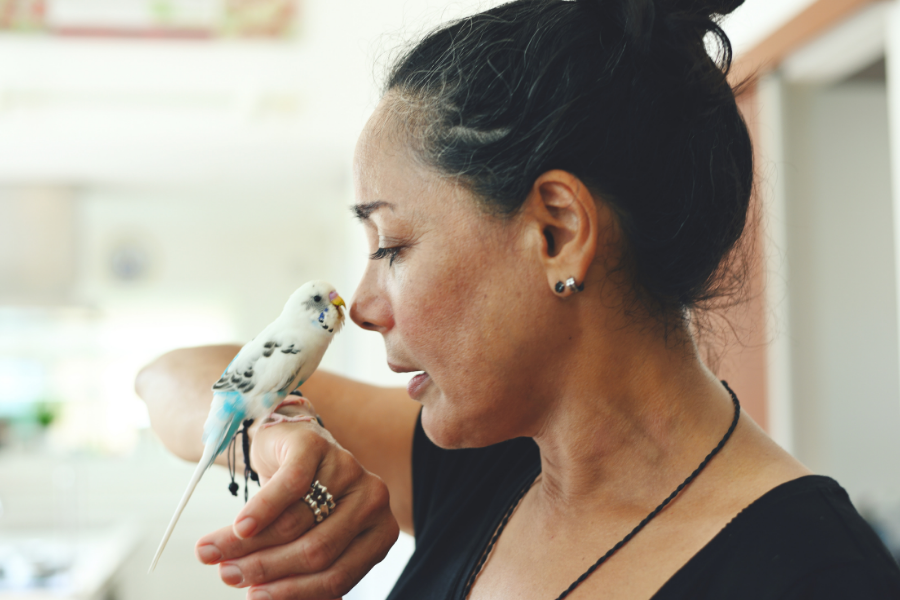
FAQ about Bird Fleas
Q1. Can birds get fleas from dogs?
It is possible, but not common. Most fleas tend to stick to their preferred host species, so dog fleas usually stay on dogs. However, in rare cases, such as when a bird and dog house are in the same environment, dog fleas may jump onto a nearby bird.
Q2. Can birds get fleas from cats?
It is possible, but not common. Cat fleas have the same tendency to stick to their favorite hosts.
Q3. Can parrots get fleas?
Yes, parrots can get fleas. If your parrot seems itchy, irritable or plucking, it's worth checking for fleas or other ectoparasites.
Conclusion
In summary, while birds are not typically at risk for flea infestations, they can be affected by other parasites that pose significant health risks. Understanding the nature of these parasites, implementing preventive measures, and seeking prompt veterinary care when needed are essential steps in ensuring the health and well-being of pet birds. By maintaining a clean environment, providing proper nutrition, and monitoring your birds closely, you can help protect them from parasites and keep them happy and healthy.
With the right knowledge and proactive care, bird owners can create a safe and comfortable home for their feathered friends, minimizing the risk of parasitic infestations and promoting their overall health. Always remember that when in doubt, consulting with an avian veterinarian is the best course of action to ensure your birds remain in optimal health.
Share





